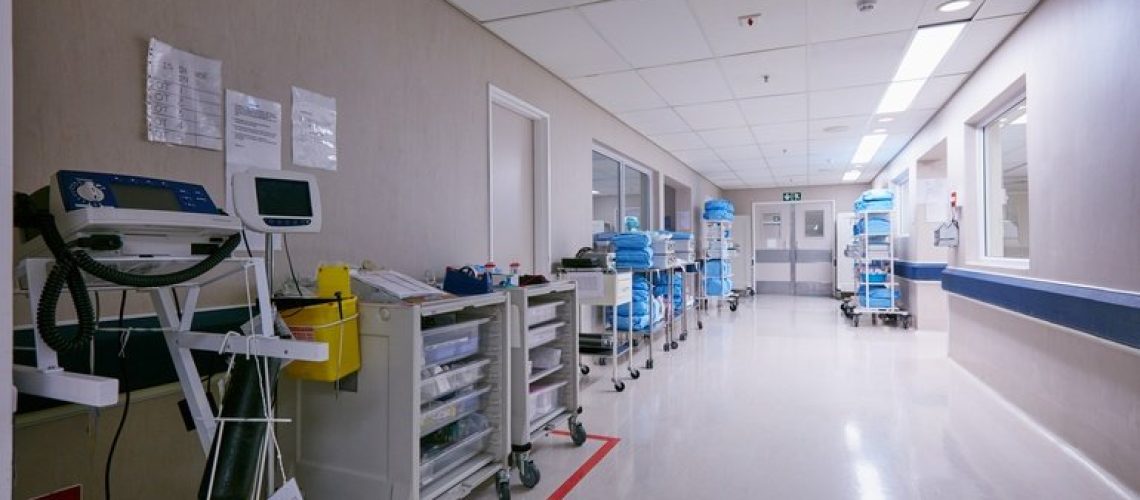OIG’s decision to perform a nationwide audit examining compliance with the Provider Relief Fund’s balance billing restriction comes just weeks after new federal rules designed to shield consumers from unexpected medical bills became effective under the No Surprises Act.
HHS Secretary Xavier Becerra has called the legislation “the most critical consumer protection law since the Affordable Care Act.” The law bans surprise billing for people with private insurance for emergency and other care, requiring that cost sharing such as co-pays always be based on in-network rates, even when care is received without prior authorization.
The rules also prohibit unexpected bills from certain out-of-network providers if a patient seeks care at an in-network hospital. Surprise bills originating from air ambulances are included, but ground ambulances and urgent care facilities are not.
The ban on surprise billing has attracted a number of legal challenges centered on the mechanism for resolving payment disputes. The American Hospital Association and American Medical Association argue HHS’ implementation of the law directly conflicts with Congress’ intentions and favors insurers in the dispute resolution process.
OIG’s audit will focus on surprise billing related to the COVID-19 pandemic.
Congress directed a combined $178 billion in pandemic relief funds to hospitals and other healthcare providers through legislation including the Coronavirus Aid, Relief, and Economic Security (CARES) Act, and the Paycheck Protection and Health Care Enhancement Act. HHS released its fourth funding distribution totaling $9 billion in December covering 69,000 providers across all 50 states.
The funding is intended to reimburse providers for healthcare-related expenses or lost revenue due to COVID-19 and to ensure that Americans are able to get testing and treatment for the virus. Providers have sought out the funds and deemed the money critical to continuing operations during the pandemic, though some hospitals were criticized for receiving funding even as they performed well financially.
Hospitals are required to follow reporting rules and will have to demonstrate compliance with PRF terms and conditions.
——————————————————
Photo courtesy of: Healthcare Dive
Originally Published On: Healthcare Dive
Follow Medical Coding Pro on Twitter: www.Twitter.com/CodingPro1
Like Us On Facebook: www.Facebook.com/MedicalCodingPro







